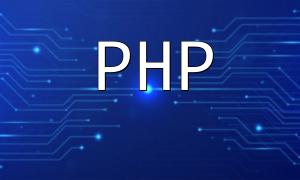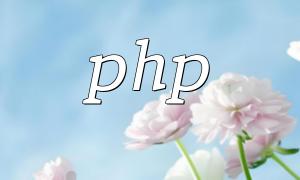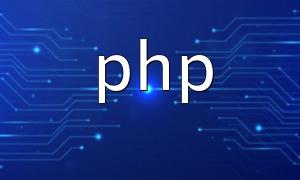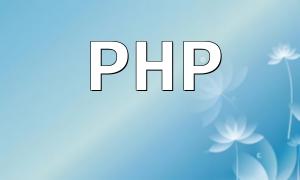In modern software development, the combination of C language and PHP has become an important way to enhance system performance and development efficiency. C language is an efficient system programming language, commonly used for developing operating systems and low-level applications, while PHP is a widely used server-side scripting language primarily used in web development. When these two languages are combined, they can leverage their respective strengths to achieve powerful functionality.
Although PHP is very convenient for rapid application development, its performance may not meet the needs of high-performance computing or complex data processing. In this case, C language can complement PHP by providing high-performance computation capabilities. The interaction between C and PHP can bring the following benefits:
Improved performance: For tasks that require processing large amounts of data or performing complex calculations, C language is significantly faster than PHP.
Reusing existing code: When existing projects are implemented in C, directly integrating with PHP helps avoid redundant development work.
Deeper system access: C language offers low-level system access capabilities, suitable for handling system-level functions.
By writing PHP extensions, you can directly call C language functions within your PHP code. While this method has a relatively high development threshold, it is highly efficient. Here are the basic steps for creating a PHP extension:
After writing the extension, you need to compile it into a dynamic link library and load it into PHP for use.
Another common method is to invoke C programs via the command line. This method does not require writing a PHP extension, but it does require ensuring that the C program can be executed in the command line. The following demonstrates calling a C program using PHP's exec() function:
This method is simple and direct, but it introduces some overhead, as a new process needs to be created each time the program is called.
For applications that require frequent interaction, using shared memory or sockets can facilitate more efficient data exchange, especially when real-time data processing is necessary.
Through shared memory, both C language and PHP can access the same memory region, enabling faster data exchange. Here's an example of PHP and C sharing memory:
Sockets provide network communication capabilities, which are suitable for interaction between C and PHP, especially in distributed systems. Below is an example of PHP communicating with a C program using sockets:
Through the information presented in this article, we hope you have gained a deeper understanding of the interaction methods between C language and PHP. Whether through writing PHP extensions, command line invocation, or using shared memory and sockets, each method has its advantages and disadvantages. Developers can choose the most suitable method based on actual needs, integrating both languages to enhance application performance and improve system flexibility and scalability.









